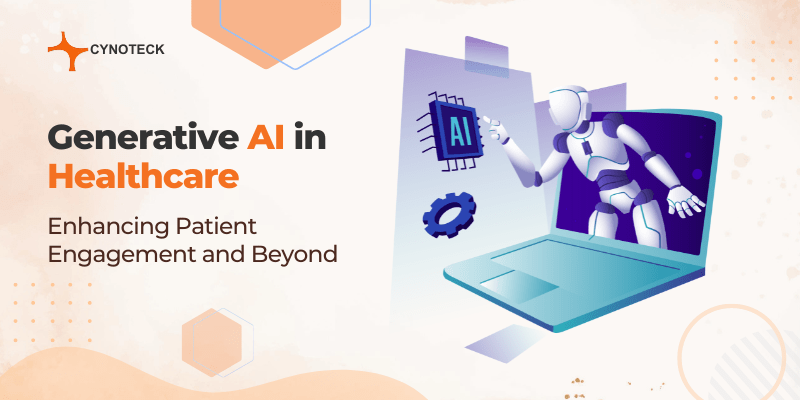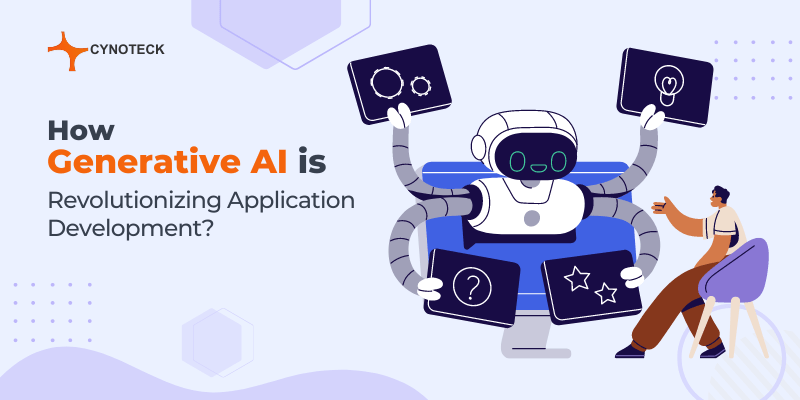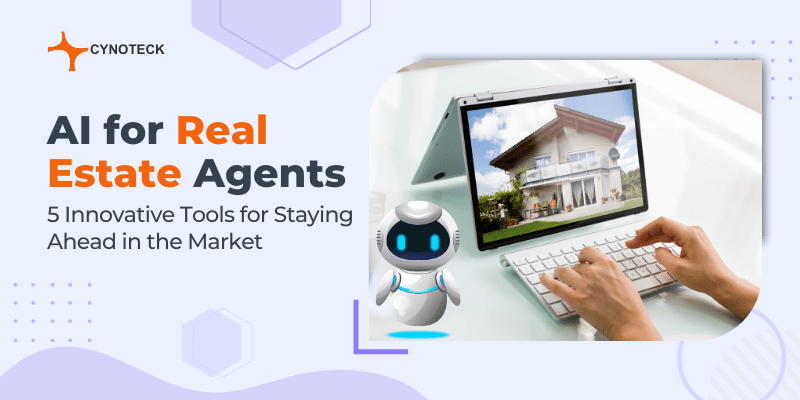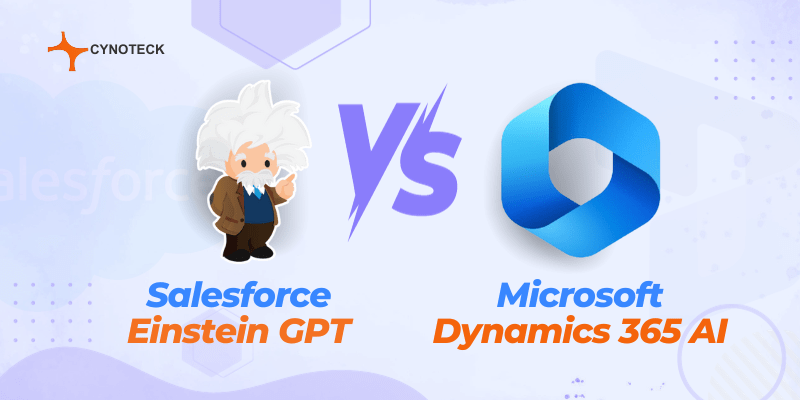The healthcare industry currently battles with numerous challenges, such as rising costs and suboptimal patient experiences. Despite an abundance of data collected from electronic health records (EHRs), claims, clinical trials, and connected devices, actionable insights that can lead to improved patient outcomes and operational efficiencies remain limited. However, a transformative shift is on the horizon for healthcare and life sciences disciplines with the emergence of generative AI in healthcare.
This revolutionary technology harnesses cutting-edge machine learning algorithms to drive innovation and breakthroughs. Artificial Intelligence and Machine Learning-powered healthcare solutions are balanced to address these challenges by offering patients a seamless and proactive healthcare experience, meeting the evolving expectations of both healthcare providers and recipients.
The beginning of Generative AI holds transformative potential in the realm of medical research, diagnosis, treatment, and drug discovery. Generative AI in healthcare produces creative and practical outputs, reshaping how healthcare operates.
Scientists, researchers, and healthcare professionals use generative AI to make ground-breaking discoveries, elevate patient care, and address intricate healthcare challenges, leveraging vast datasets and modelling complex biological systems.
This innovative technology provides unparalleled opportunities to accelerate innovation, drive precision medicine, and revolutionize our understanding and advancement of human health.
This article focuses on the potential applications of Generative AI in healthcare, and how it can enhance patient engagement. Additionally, we will explore the various benefits that the healthcare industry can derive from adopting Generative AI.
How AI can help with patient engagement?
The integration of AI and ML holds immense promise in significantly improving patient engagement. This crucial component can be the differentiating factor between favorable health outcomes and client satisfaction.
Generative AI, in particular, presents a plethora of transformative use cases across the entire healthcare value chain, spanning pharma, healthcare providers, and patient engagement. Its capabilities extend to simulating rare diseases, generating novel drug molecules, and even crafting personalized medical treatments.
In healthcare, AI and Machine Learning (ML) can leverage patient behavior data to identify optimal engagement methods, such as sending text messages at specific times preferred by certain patients.
This approach not only improves patient engagement but also leads to cost savings for providers by streamlining communications.
Generative AI further contributes to improved patient engagement in multiple ways, promoting personalized interactions and tailored healthcare experiences.
Generative Artificial Intelligence (AI) is revolutionizing the healthcare landscape, empowering us to tackle complex challenges with innovative solutions. Here are five outstanding examples of how generative AI is revolutionizing the healthcare industry:
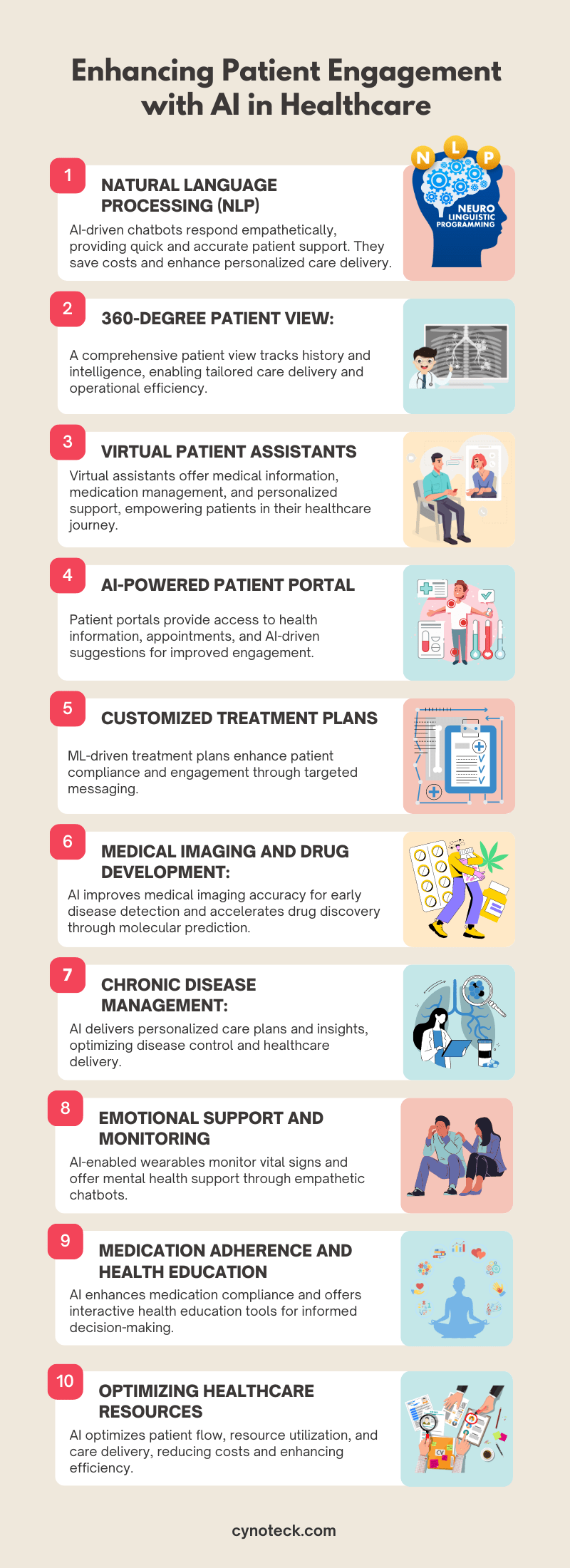
1) Natural Language Processing
Chatbots driven by natural language processing offer swift and precise responses to patient inquiries, guiding routine procedures. Providers have observed that incorporating algorithmic empathy into chatbot ontologies improves patient engagement and, consequently, leads to improved health outcomes.
Moreover, leveraging AI-powered chatbots in the position of human resources not only saves overhead costs but also liberates resources for other essential tasks within the healthcare ecosystem.
This combination of technology and empathy-driven communication provides personalized and efficient patient care.
2) 360-degree Patient View
Healthcare providers realize that providing an exceptional patient experience is essential for sustainable business growth. To deliver the best medical care, they require a comprehensive, single view of the patient.
This 360-degree view enables seamless tracking of the patient’s history across all services availed, facilitating more tailored and efficient care delivery.
Additionally, the comprehensive view provides valuable patient intelligence, which can be leveraged to enhance future patient engagements.
This improves operational efficiency within the provider organization, leading to better healthcare outcomes and patient engagement.
Also, read: Understanding the Salesforce Health Cloud mobile app for Healthcare Providers and Patients
3) Virtual Patient Assistants
Patient interactions with healthcare organizations often involve reaching out to customer care centers for assistance with medical conditions, provider selection, appointment scheduling, and more. However, healthcare providers may face limitations in terms of available teams to cater to these queries effectively.
Generative AI has introduced a breakthrough solution in the form of virtual patient assistants, revolutionizing patient engagement and support. AI-powered chatbots and virtual assistants now offer accurate medical information, address common queries, and help in medication management.
With personalized support, reminders, and guidance, these virtual assistants promote adherence to treatment plans and empower patients to take an active role in their healthcare journey.
4) AI-powered Patient Self-Service Portal
Patient portals serve as vital self-service platforms, providing patients instant access to their health information online.
These digital engagement platforms empower digitally fluent patients to view historical health records, lab reports, discharge summaries, immunizations, and healthcare provider notes from any connected device, at their convenience.
Additionally, patients can easily manage appointments, make changes, or cancel them, regardless of location. AI-enabled digital patient engagement platforms further enhance the experience by offering intelligent bots that provide relevant suggestions, personalized patient care plans, appointment reminders, and more.
Such seamless integration of AI technology drives patient empowerment and enables better healthcare outcomes.
5) Customizing recommended Treatment Plans and other Follow-up Activities
Leveraging vast datasets like EHRs, AI, and ML enables healthcare providers to mine past treatment and patient data, identifying similar patient groups.
ML-powered treatment plans improve success rates for individuals and tackle the persistent issue of patient non-compliance, leading to improved health outcomes.
Providers can also use targeted messaging and content at appropriate moments through suitable delivery channels to subtly influence patient behavior, driving positive engagement and adherence to care plans.
Also, read: The potential of Salesforce Health Cloud for improving healthcare access in rural areas
6) Analysis of Medical Imaging Data and Drug Development
Generative AI is revolutionizing medical imaging analysis, elevating diagnostic accuracy and efficiency. By generating synthetic images and reconstructing missing data, AI algorithms help in abnormality detection and precise interpretations, enabling early disease detection and better patient outcomes.
The integration of AI applications with smart devices like smart bands allows for real-time monitoring of a patient’s heart rate. This provides timely warnings of potential attacks or strokes.
Additionally, generative AI algorithms analyze extensive datasets and simulate drug interactions, expediting drug discovery.
Its ability to generate novel molecular structures and predict properties identifies potential candidates for innovative therapies. Adopt the transformative power of generative AI in advancing healthcare diagnostics and drug development.
7) Manage Chronic Diseases
Generative AI holds immense potential in revolutionizing chronic disease management. By harnessing vast datasets and sophisticated algorithms, it can deliver personalized care plans tailored to each patient’s unique needs and health status.
Additionally, Generative AI’s analytical capabilities offer valuable insights into disease trends, treatment effectiveness, and patient outcomes, enabling healthcare professionals to fine-tune care strategies and optimize disease control.
The integration of Generative AI in chronic disease management fosters more precise and effective healthcare delivery.
8) Emotional support and remote patient monitoring
The integration of GenAI with wearable devices enables remote monitoring of patient vital signs, providing real-time insights and proactive interventions.
This technology ensures continuous monitoring, enabling early detection of health issues and improving patient management. Additionally, Generative AI’s capabilities extend to offering emotional support and mental health assistance.
AI-powered chatbots or virtual companions engage in empathetic conversations, providing coping strategies and essential resources for mental health support.
9) Medication Adherence and Health Education
Generative AI plays an important role in improving medication compliance through reminders, personalized dosage instructions, and medication intake monitoring.
Additionally, Generative AI drives interactive health education tools, offering personalized and engaging content to improve health literacy and patient engagement.
These tools include interactive modules, videos, quizzes, and adaptive learning experiences, empowering patients to take an active role in their healthcare journey and make informed decisions.
10) Optimizing Healthcare Workforce and Resources
Patient experience is often hampered by prolonged delays and wait times, negatively affecting patient engagement. Employing advanced analytics and AI for patient engagement, healthcare providers can pinpoint delays and bottlenecks that impact patient satisfaction.
Data-driven intelligent solutions can be implemented to manage these issues effectively. Generative AI optimizes healthcare resource allocation and operational efficiency by analyzing historical data to generate predictive models for patient flow, bed occupancy, and resource utilization.
This enables facilities to anticipate demand, streamline workflows, and allocate resources efficiently, leading to optimal care delivery and cost reduction.
Also, read: IoT and Digital Transformation: Elevating Industries and Connectivity
Limitations and Challenges of Generative AI in Healthcare
Generative AI, while promising, encounters challenges and risks in the healthcare industry. As of now, the hurdles for generative AI adoption in healthcare include:
1) Computing ability
Strong computational capabilities are required for the integration of generative AI in healthcare, which may not be easily available to all medical institutes.
2) Reliability and excellence
Generative AI carries the risk of producing inaccurate or unrealistic outputs that could mislead or harm users. Sometimes, it may generate false medical information impacting diagnosis or treatment decisions or create fake medical images breaching ethical standards.
3) Data labeling
Data labeling poses a significant challenge in using generative AI models. Inadequate labeling of input data can seriously impact the outcomes and performance of the models, necessitating careful attention to data quality and labeling processes.
4) Regulation and governance
Setting comprehensive and transparent guidelines becomes essential to ensure responsible and beneficial integration of this technology in healthcare settings.
5) Security issues
The misuse of synthetic data is a significant concern with generative AI. Ensuring strict data integrity and employing robust security measures are vital in preventing such misuse and upholding the ethical use of generative AI in healthcare and beyond.
Also, read: IoT in Healthcare in 2023: Companies, Medical Devices, and Use Cases
Final Thoughts: Healthcare and Generative AI
Generative AI offers significant potential in healthcare by improving diagnostic tools and medical imaging algorithms through created medical images and patient information. This technology anticipates a new era of patient engagement, empowering healthcare with virtual assistants, personalized health recommendations, remote monitoring, and interactive health education tools. Generative AI transforms healthcare into a more collaborative and patient-centered journey by delivering personalized care, promoting communication, and empowering patients with knowledge.
As healthcare professionals and patients adopt generative AI, staying informed and adapting to the evolving landscape becomes crucial. This transformative technology holds the potential to shape a brighter, more efficient, and patient-centric future in healthcare. For more information about healthcare software solutions based on generative AI, connect with our experts today.
FAQs
Generative AI, a type of artificial intelligence, can transform ordinary inputs into extraordinary outcomes. By learning from extensive datasets of diverse content, including text, audio, video files, images, and code, it generates new possibilities. In healthcare, generative AI has tremendous potential, offering solutions to complex challenges, enhancing clinical decision-making, predicting pandemic risks, enabling personalized care, and revolutionizing drug development. With the power to improve healthcare outcomes and drive economic growth, generative AI benefits patients and society at large.
In healthcare, generative AI tools exceed human capacity by drawing from vast knowledge and reviewing extensive medical literature, studies, and clinical outcomes. Its various benefits include early disease detection, personalized medicine, and improved healthcare plan enrolment. By examining data and trends, generative AI improves diagnosis, treatment strategies, and patient outcomes. With applications in drug discovery, equipment maintenance, medical robots, research ideas, accurate documentation, error prevention, and cost reduction, it drives transformative improvements in patient care, revolutionizing the healthcare industry.
Generative AI stands apart from other AI solutions that retrieve information from different sources. Instead, generative AI generates content based on predicted patterns extracted from training data sets, introducing a unique and creative approach to AI applications.
In the realm of healthcare, AI applications currently play a discreet role in administrative and supportive tasks within the delivery system. However, their true potential lies in becoming primary instruments of medical care. To achieve this integration, addressing challenging ethical and legal questions is crucial. It involves determining the roles of doctors and machines in practicing medicine and defining the responsibilities of governments in ensuring safety, impartiality, and accountability.
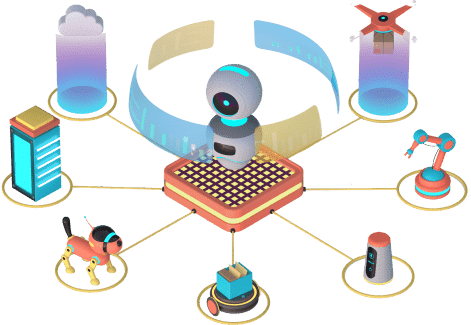
AI Consulting Services
Planning to Leverage AI for your business? We provide AI Consulting to help organization implement this technology. Connect with our team to learn more.

